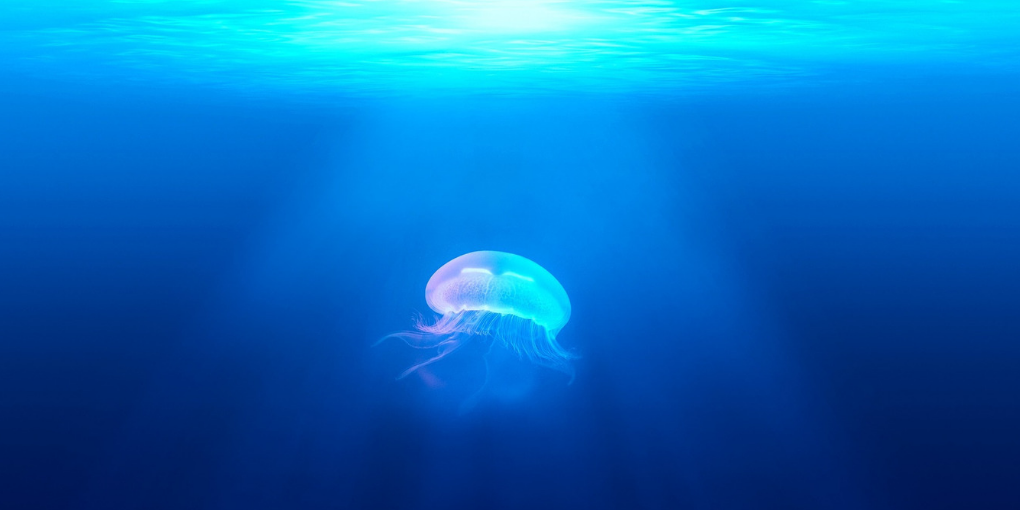Are jellyfish the solution to saving our seas and oceans? This is what two marine biologists from Haifa University are exploring as part of a global “GoJelly” project. The project is funded by a European Union initiative committed to developing, testing and promoting a “gelatinous solution to plastic pollution,” where “we will use jellyfish as source of innovative solutions to combat marine litter,” states their website.

The idea is that jellyfish mucus can capture microplastics which have been shed into the sea and are heavily endangering sea life, human health and the environment. The project is being led by Professor Dror Angel and PhD candidate, Hila Dror, who are capitalizing on the high influx of nomad jellyfish washed up on the shores during Israeli summer season. The pair are hitting the beaches to collect the invasive sea creature, which can be up to 175 pounds in weight.
Angel and Dror are experimenting with the jellyfish mucus to determine if the enzymes can magnetize microplastics to support cleaning the sea of the litter. It is said that by 2050, there will be more plastic in the sea than fish. Should the experiment work, the desired outcome will use jellyfish mucus as treatment to filter back into the sea and create a cleaner ocean environment for all.






